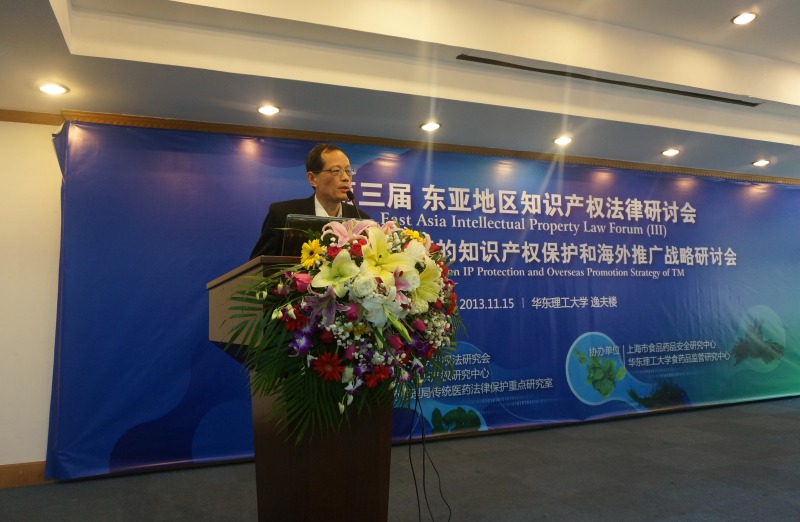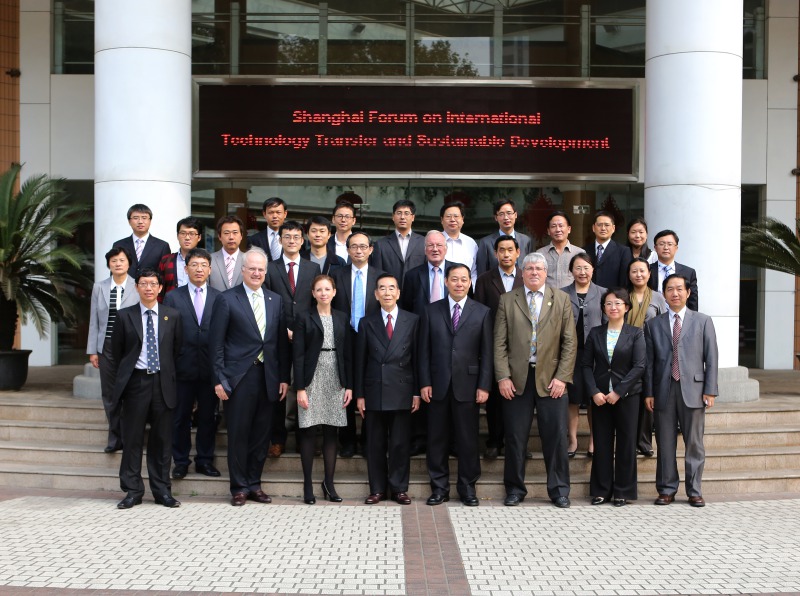Chinese Scholars’ Views about the Access and Benefit-sharing of Genetic Resources
After the Nagoya Protocol on access to genetic resources and the fair and equitable sharing of benefits arising from their utilization to the Convention on Biological Diversity (hereafter as Nagoya Protocol) being passed and going into effect, scholars in China have a stronger interest in the access and benefit-sharing of genetic resources.
Hong ZHOU and Yongshuang MA noted that the increasing loss of biodiversity across the world is striking and accelerating, while nations are lack of effective measures to cope with this critical issue. Convention on Biological Diversity and Nagoya Protocol constitutes a frame work for genetic resources conservation, the well-acknowledged CBD frame work. However, due to the nature and characteristic of genetic resources, together with the huge impact from rapid development of bio-technology, and the significant shift of industries strategies and operation models on the demand and utilization of genetic resources, the implementation of CBD frame work become very challenging, both globally and domestically. (Headwinds against CBD Frame Work for Genetic Resources Conservation& Utilization and China’s Countermeasures, Journal of Green Science and Technology, 2016-8)
In another article, ZHOU and MA investigate property rights for biological genetic resources through interpretation of theories of property rights, frame work of the Convention on Biological Diversity, and current institutions related to these issues. They give suggestions in foraspects. Firstly, the influence of developed scientist to genetic resources protection should be highly concerned. Next, the characteristic of genetic resources and its utilization should be understood. Thirdly, the convenient to parties should be as the control target. Finally, the international certificates should be associated with genetic resources and itsgenetic information. (Investigation on Property Rights for Biological Genetic Resources Conservation in China, Journalof EMMC, 2016-2)
Scholars Yiding LI and Tianbao QIN study the access and benefit-sharing machinery from another perspective. They point out that The Law on Traditional Chinese Medicine (Draft) stipulates the initial rules on access and benefit-sharing on Traditional Chinese Medicine Knowledge that could be helpful for the preparation work to ratify or join in the Nagoya Protocol by China and for establishment legal regime of access and benefit-sharing on genetic resource and associated with traditional knowledge. It is also open a newly situation to legal protection on traditional knowledge associated with genetic resource including Traditional Chinese Medicine Knowledge. But the draft version should solve the following problems such as the clarifying relationship between The Law on Traditional Chinese Medicine and other laws and the administrative competent on access and benefit-sharing and confirming the subject of Traditional Chinese Medicine Knowledge. (The Construction of Access and Benefit-sharing Legal System of Traditional Chinese Medicine Knowledge, The International Academic of TraditionalChinese Medicine and Traditional Knowledge Protection, 2014-11)
Besides, Zhiqian WANG and Wenfei ZHANG from Huazhong Agricultural University pay their attention to farmer’s rights and benefit sharing of participatory plant breeding. They consider that based on farmers’ contribution to be the preservers of genetic resources, breeding investors and researchers of participatory plant breeding, farmers’ rights and benefit sharing of participatory plant breeding should be recognized.Farmers’ rights of participatory plant breeding should include the right of farmers’ varieties, new plants varieties and farmers’ right to save seed And the sharable benefits could be sharing may include monetary benefits and non-monetary benefits. In practice of participatory plant breeding currently, there are no mature approach to the protection of farmers’ rights and benefit sharing, we should take measures through completing the system of farmers’ varieties, the system of farmers’ right to save seed and the system of benefit sharing, drawing supports of cooperation, in order to safeguard farmers’ rights and benefit sharing of participatory plant breeding. (Farmers’ Rights and Benefit Sharing of Participatory Plant Breeding, Journal of Huazhong University of Science and Technology (Social Science Edition), 2016-4)
next:Chinese Researchers’ Views on the Ownership of Genetic Resources


